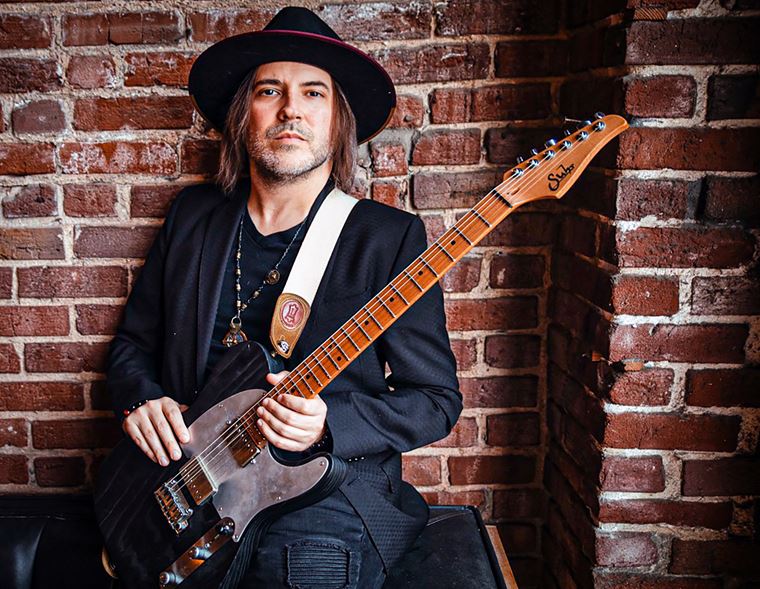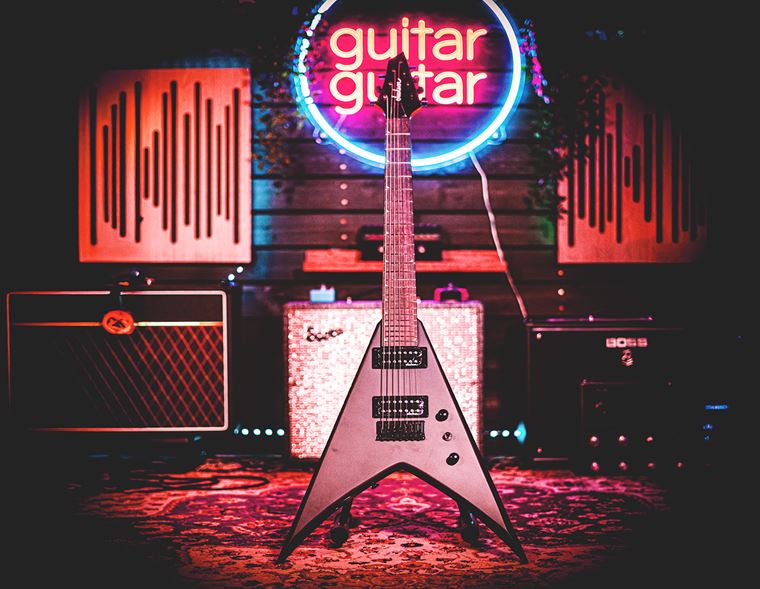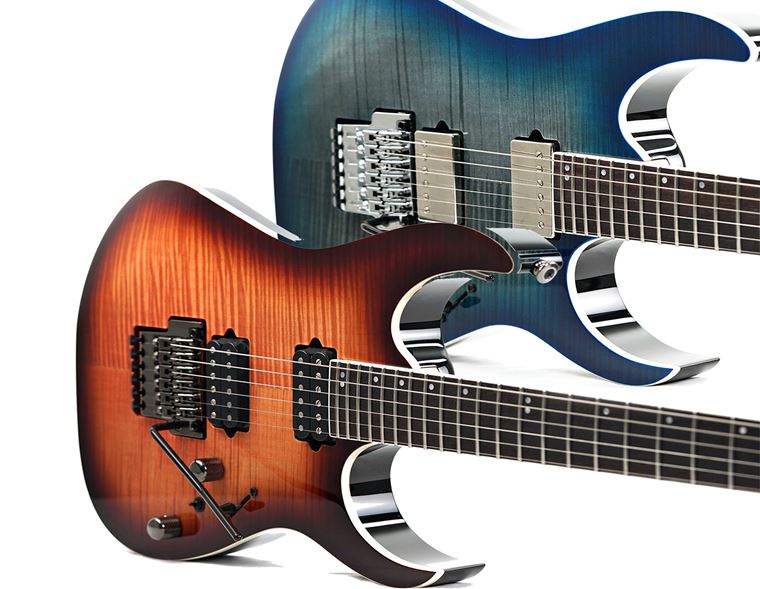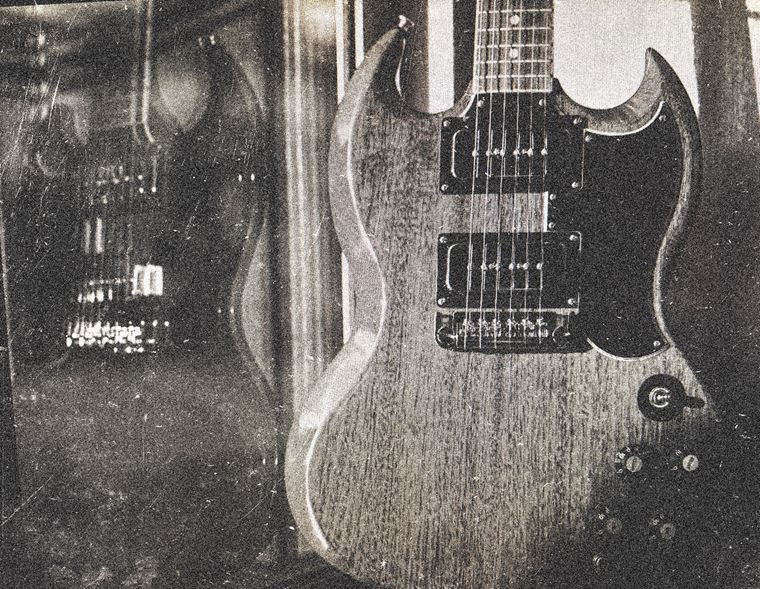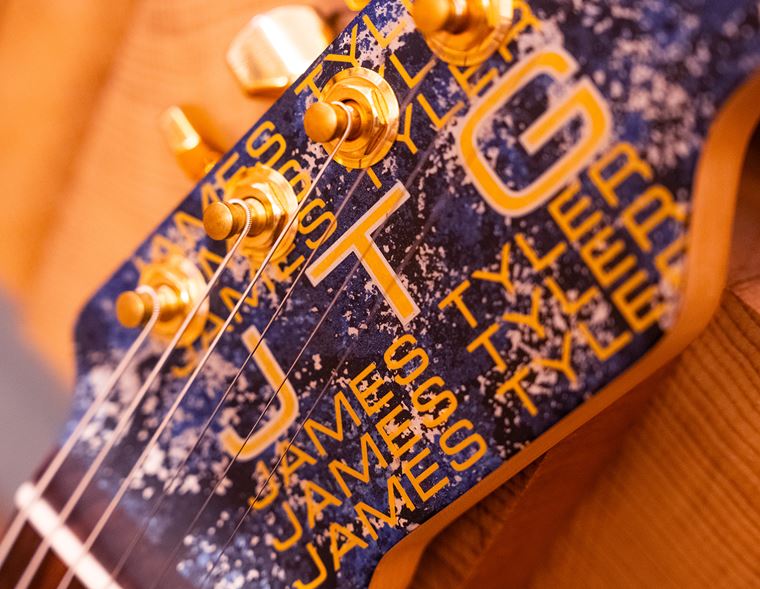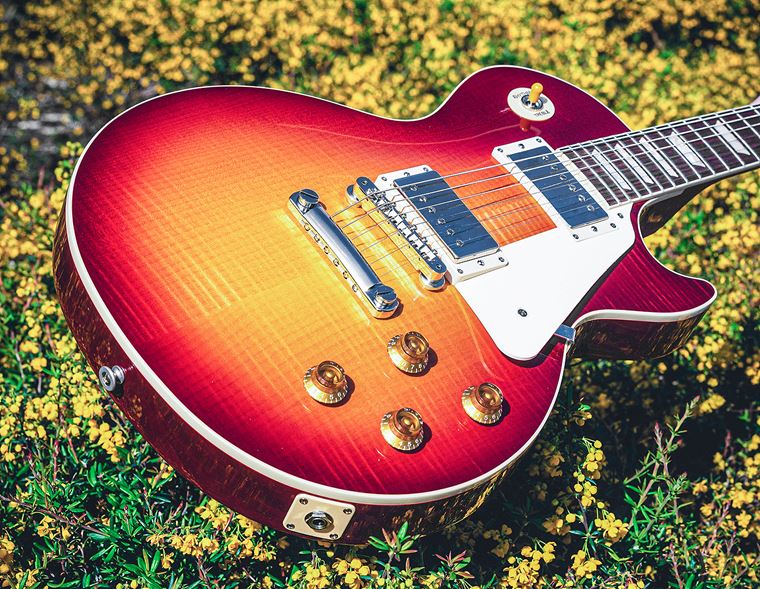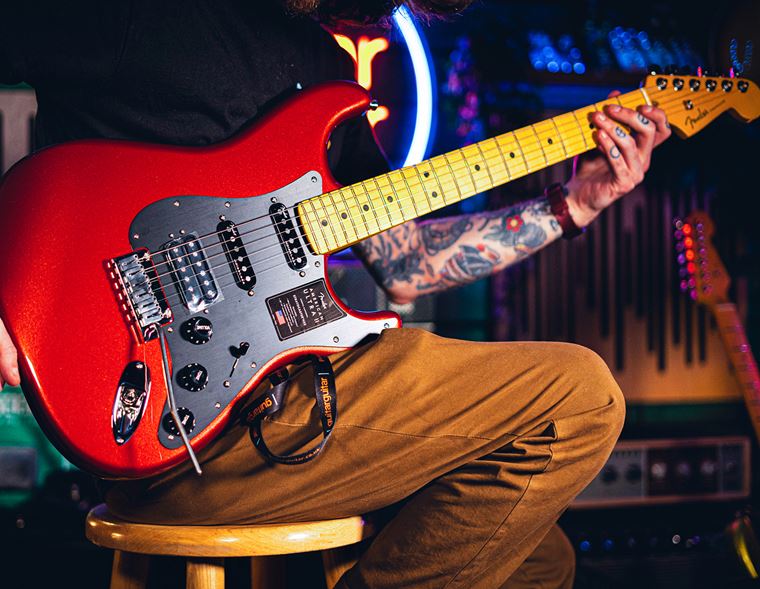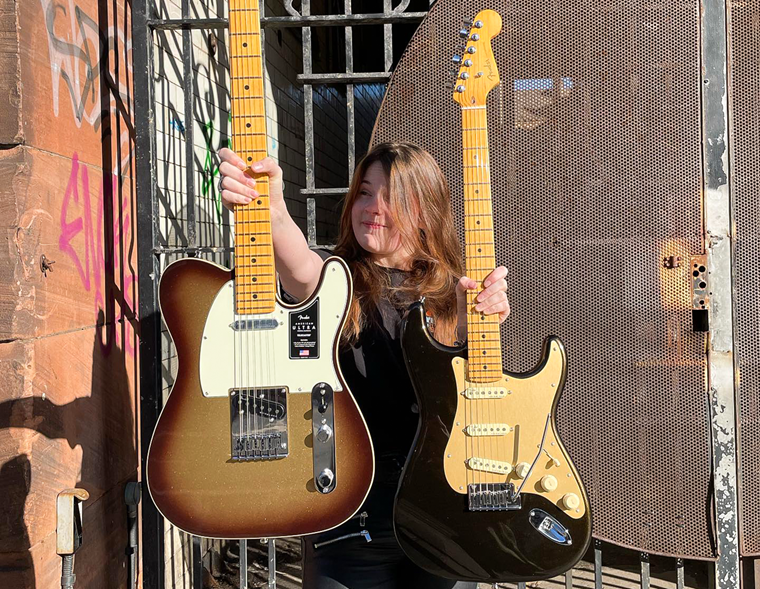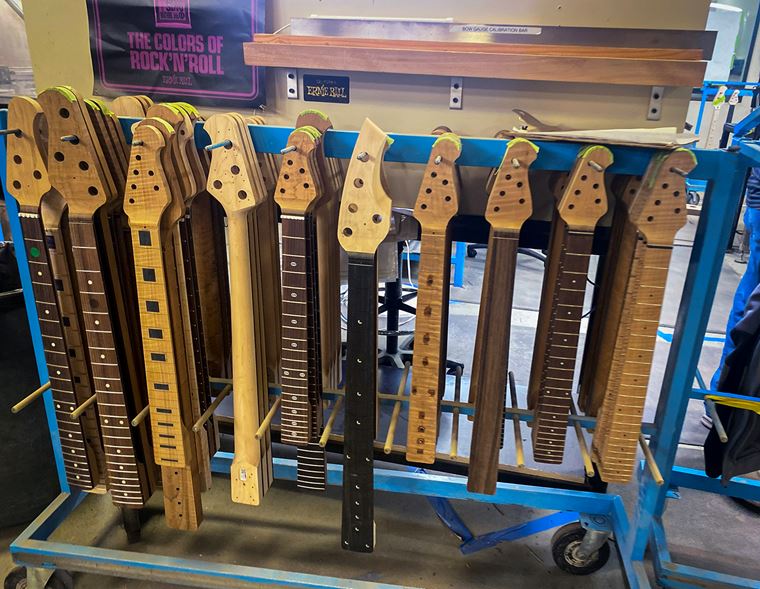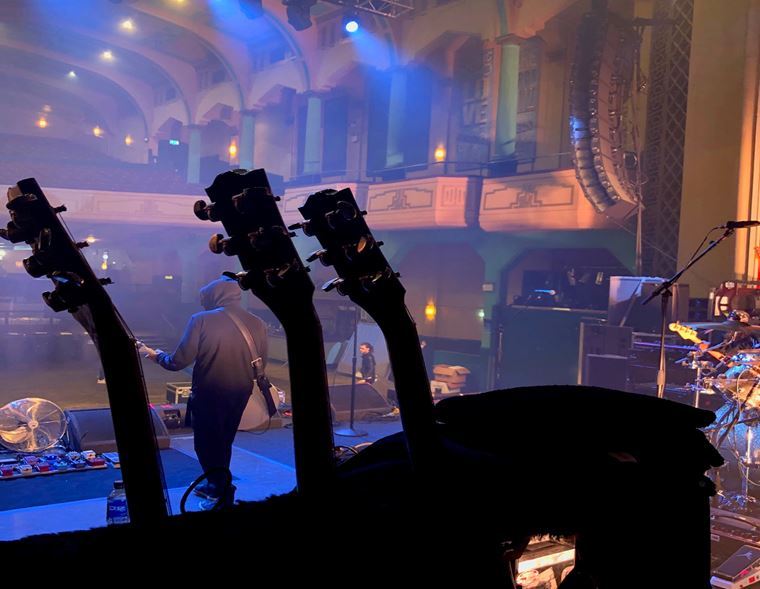What Impact is AI Having on Music?
AI in the music industry: have you noticed it? Have you come across the impossible collaborations, the soundalike tracks that are too uncanny for words? Does the notion of AI entering the music industry excite you and leave you with a feeling of cold dread?
Today, I aim to have a brief look at the ways in which AI has already shown up, and consider how it may continue its journey inside music. Brave New World or more throwaway landfill ‘music’ made by robots, clogging the datastreams and pushing ‘real’ music further from our ears?
What is ‘real’ music anyway? As your humble scribe today, I shall don the shades, take the red pill and head down the AI rabbit hole in true Neo fashion to find out what’s going on out there…
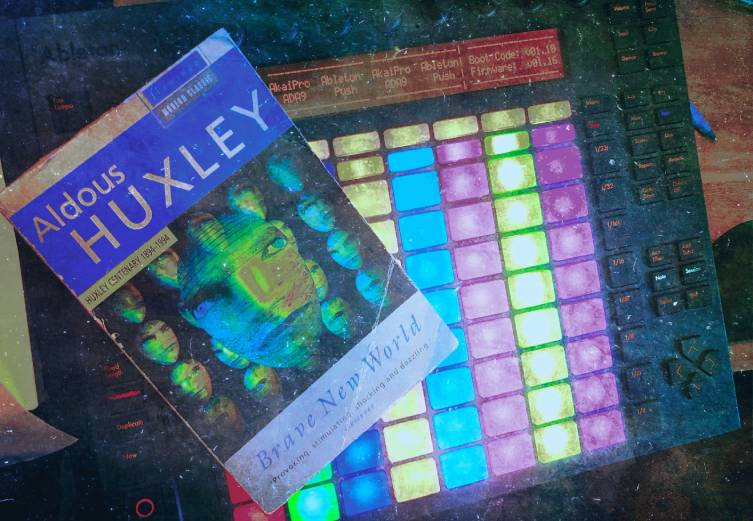
Contents
- Ghosts in the Stream
- Has AI Been Here for a While?
- Pattern Recognition
- The New Muzak
- Where AI Could Be Useful
- AI: Beneficial or Boring?
Ghosts in the Stream
One particularly uncanny angle that AI has taken recently is to release ‘new’ music featuring dead artists. Only last month, the Fab Four released Now and Then, a track that began life as a John Lennon demo in the seventies. The vocals and guitar parts are indeed performed by John Lennon and George Harrison, who are of course no longer alive. Their parts were taken from demos by new AI software dubbed MAL (machine-assisted learning), which itself is a somewhat creepy pun on HAL, the murderous Artificial Intelligence in the movie 2001: A Space Odyssey. Too close for comfort?
Anyway, the two surviving Beatles performed their own parts and the song was brought to life and released, despite only 50% of the band being alive.
A technical marvel? Sure. But what about permission? Even if the estates of Lennon and Harrison are fine with their demos being AI-d into life, that’s hardly the same as the artist themselves being involved with what happens to their own songs. Where do you sit on this one?
Another example is when a deceased artist somehow covers a song that didn’t even exist when they were alive.
It’s a funny one. Even since recorded music has been a thing (so, a hundred years, give or take), we’ve been able to hear ghosts singing songs to us from beyond the grave. Elvis Presley died long before I was even born, but it’s the most normal thing in the world for me to hear him singing songs. Consider for a second how strange that whole concept is, and how in the history of the human race, such a thing was impossible before the 20th century.
Bearing all that in mind, we now have a new uncanny valley to wander carefully through. We can now hear, for example, Johnny Cash performing a cover of Taylor Swift’s Blank Space. In fact, the same person who made this happen also put Cash’s sublimely spectral baritone to use on Aqua’s Barbie Girl, too.
Here’s the thing: there was less of a backlash than you’d maybe expect, with people posting comments about the music being ‘sublimely beautiful’ and so on.
How do you feel about this? Whilst it’s superficially fun to hear such a singer in this type of context, it does raise those same questions about permission, and about the legacy of an artist. Is it fair play to make Johnny Cash sing pop songs, or is it disrespectful to his legacy? I suppose there’s an argument to support either point of view.
Lastly, there are those mysterious pieces of music that are created ‘in the style of’ artists such as Nirvana’s Kurt Cobain. These ones are not cover versions, nor are they recreated using AI-fished bits of demos from the original artist. Instead, they are more like how AI ‘creates’ artwork: a series of prompts into whichever AI software is being used results in that software scanning the internet for literally millions of examples of data that fit the requests (stuff that sounds like Kurt Cobain's music, in this instance) and then puts together a sort of predictive piece of soundalike music, alongside vocals that are no one person in particular (in the example below, the vocals were recorded by a soundalike, not an AI). It’s a very strange thing to experience, once you understand what you’re listening to. Crucially, before you know what it is, these types of songs are often unremarkable ‘vanilla’ versions of rock songs that you half recognise. This is, of course, because these songs are made from reworked snippets of songs you DO recognise! Take a listen to this one:
So: can this be considered an original composition, since there was no song exactly like this before? Can using direct examples of countless existing songs be called ‘inspiration’ (since we all borrow bits from songs we love when we write) or is it plagiarism by another name?
Or how about Nirvana covering the Foo Fighters? Poignant idea for sure, but is this pushing the creep-ometer is little too far? I'm not convinced by the AI Kurt on here (this one isn't a human, it's all AI), but the very fact of its existence says a lot, not only about what people maybe want to hear, but also about the increasingly blurred lines regarding what you are hearing. In the future, could copyright infringement court cases be made more difficult if some obscure (fake) demo shows up from a deceased singer, 'proving' authorship? I'm taking that a little far for today's technology, but we're heading there!
Has AI Been Here for a While?
These above examples express what most people understand to be AI’s input into today’s music, but is the reality a little more insidious?
Think about the recording software you use, with all of the automated algorithms for creating synthesizer sounds, for example, or drum programs. Are these not relatively obvious examples of AI-style auto generation, based on popular choices? This can be taken further with the sort of templates for songs that are offered on some DAW software platforms: unlike presets, these programs populate the tracks with preemptive chord progressions and sound selections that are based on previous (presumably yours but perhaps not) projects.
You can ever go further back into the cutting edge technology of 15 years ago and find things like Korg’s KARMA function, which was like a backing track that not only decided which instruments to include, but when to include them, second-guessing your musical intentions and automatically generating a track that had much more of a ‘composed’ feel than a standard keyboard ‘pop/rock 120 bpm’ type of affair.
Pattern Recognition
Now, there will be arguments about what is considered to be AI and what’s not, but what AI really boils down to is pattern recognition and trend spotting through the observation of millions upon millions of lines of data. In musical terms, a successful series of prompts into an AI generator will result in lots of similar data being spotted and adopted into the result. This is what makes the suggestions so eerily effective, and it also explains why I’ve noticed similar things in auto-generative software (and older things like Korg Karma).
In effect, it’s a similar process to the guitar player learning lots of blues licks and then being able to improvise a solo over a 12 bar pattern. The big difference, for me atleast, is that the guitarist involves their taste, their emotions and their reactions in the process of creating that solo. There is a lifetime’s worth of life behind it, if you get me. An AI program could conceivably search through millions of blues solos that exist online and actually end up with the same solo, but how close would the two actually be? Can you ‘believe’ vibrato on a note when it’s coming from a process of robotic elimination? It’s another thing to think about, really. The computer COULD make a solo that’s superficially the name as the human, but would any humans even want that? Could we be tricked into liking something like that, and then feel duped when we learn it’s an AI ‘performance’?
The New Muzak
One area that is being roundly condemned to an ignominious end is that on library music. Music that is created either in spec or in advance for the purposes of using in advertising, TV shows and other areas, the world of so-called corporate music seems to be where AI’s personality-free efficiency will take over the most. Instead of buying or leasing music made by a human from a library site, it seems likely that advertising execs and TV showrunners of the future will instead be able to have auto-generated music (themes, ambience, the whole bit) created for them quickly and anonymously, for presumably less money than it would cost to licence the music of an experienced musician.
Again, the issue of AI essentially pinching data from all of music history means that there are very murky legal waters to wade through here. Clearly, computers cannot simply compose music: they can only take examples of existing music and patch together a version, so the notions of theft come around once again.
Where AI Could Be Useful
AI is just data collecting and organisation on a huge scale. Experts are predicting that AI technology will be immeasurably useful to the healthcare industry, since the same pattern recognition skills it demonstrates can be utilised in early detection of disease and illness, for example.
But since this is a music-based blog, where might AI prove useful for musicians? Assuming that there is a general consensus that nobody wants music written and performed by AI (let’s not even get started on Chat GPT lyrics…), where might the undefeatable march of AI technology prove handy for us?
Well, what about touring? Using data to predict when to tour, where to play, and even likelihood of certain eventualities (travel problems etc) could all be areas that are tightened up and smoothed out by the adoption of AI.
Promotion is another one. Automated PR funnels that work away in the background for many artists can be more effective at selling tickets and merch than humans looking to manage their own campaigns.
How about guitar design? Well, we actually had a go of this in the guitarguitar office for our last April Fool’s day prank, and whilst we were rumbled pretty soon on, it turned out that quite a few people liked our ridiculous (and entirely fake) Ibanez!
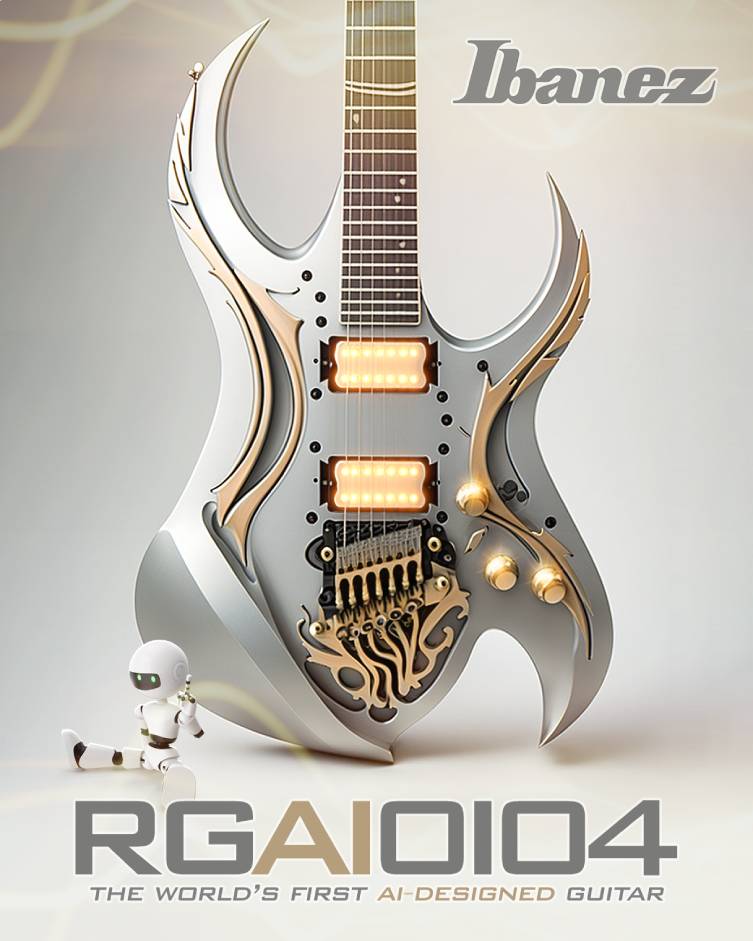
(Photo: Neal Beedie/guitarguitar)
Given that we as guitar players tend to be more interested in designs from the past, it’s unclear whether there’s much of a market for futuristic AI-designed guitar shapes. But since we’re on this point, would you object to buying a guitar that was designed by AI? If so, what would your reasons be? I’d be interested to know, because I’m not sure how I feel about it myself. Could the data algorithms actually zero in on the ultimate dimensions for comfort, access and beauty? In fact, is AI already involved in such a thing? I suppose a PLEK machine could be looked at as AI to some degree, since it is automatically generating a performance based on millions of accumulated variables. PLEK machines don't’ make things though, they just optimise what’s already built, but it seems that there’s space for something AI-based to move into there.
AI: Beneficial or Boring?
So, where will music ultimately find itself in regards to AI technology? Will we find that it can assist us in our duties, or will it just become a time-sapping bore for people with big ideas but zero talent? Should we be paranoid that generative music will dominate the landscape, or will it quietly fade away when people realise that they’re sick of hearing mid-rate music that’s made with neither heart nor soul? How many more 'fun' mashups with dead legends and kitsch pop songs will we endure as a collective before requiring something a little bit 'more' from music in general?
TIme will tell. It’s still a tricky subject to have a fair perspective on, given that -as stated before - AI technology is resolutely not composing music out of thin air, it is collating innumerable data streams of existing music and sieving that into a ‘new’ piece that resembles what was wanted. The slip and slide down the uncanny valley is currently where most of us reside, and there doesn’t yet look to be a clear path ahead. Will copyright laws change to protect artists who do not want their work used in AI processes? Will ‘artists’ of the future merely be figureheads who look a certain way, fronting what is actually entirely AI-generated music?
At the moment, we can’t fully see ahead, so your guesses are entirely as good as mine. What is clear though, is that nothing can replace that entirely real and absolutely incredible feeling of playing a musical instrument. Whether for fun or for business, human beings playing physical instruments is where it's at.


